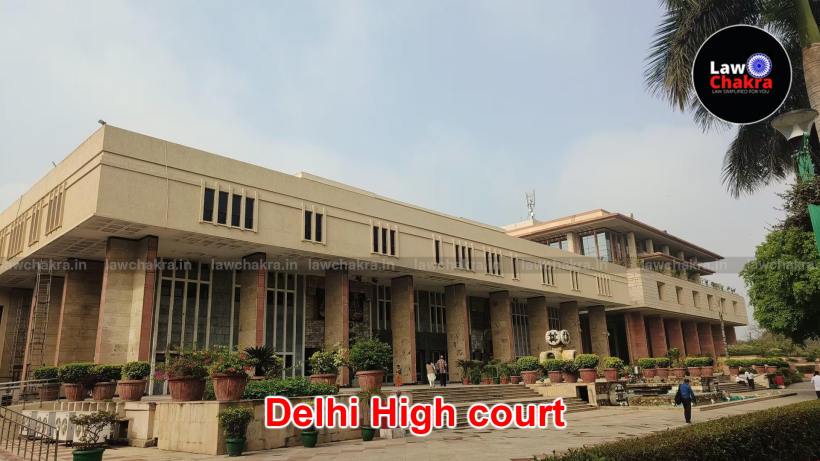Supreme Court Upholds Bail Of Alleged ISIS Link Accused Ammar Rehman, Cites Lack Of Evidence

The Supreme Court has refused to cancel the bail of Ammar Rehman, accused of ISIS links. The court said evidence found on his phone was not enough to prove he was an ISIS member.
The Supreme Court of India has refused to cancel the bail of Ammar Abdul Rahman, who is accused of having connections with the terrorist group Islamic State of Iraq and Syria (ISIS).
The country’s highest court made this decision on Friday while hearing the case.
A bench led by Justice Surya Kant noted that the evidence found on Rahman’s phone was not strong enough to prove that he was a member of ISIS.
The court also pointed out that other materials collected against him were not sufficient for conviction.
the bench said,
“The evidence found in the phone of the accused is not enough to prove that he is an ISIS member”
The Supreme Court further ordered that Rahman must not be allowed to travel outside India while the trial is going on. He can only leave the country if he gets permission from the court.
Ammar Rahman was arrested by the National Investigation Agency (NIA) in August 2021. According to the NIA, he was influenced by the thoughts and beliefs of the ISIS terror group.
The agency said Rahman had become a part of a criminal plan to move to areas under ISIS control in South-Central Asia.
He allegedly wanted to help in forming a so-called caliphate and take part in ISIS operations in India.
The NIA also claimed that Rahman was managing several secret social media channels to promote ISIS’s violent jihadi ideas.
ALSO READ: Delhi High Court Rejects ISIS Convict’s Plea, Emphasizes Stern Anti-Terrorism Measures
Through these platforms, he was reportedly trying to radicalise and recruit young and vulnerable Muslim youths.
Authorities said he and his associates had made plans to go to Jammu and Kashmir and ISIS-held areas to carry out terrorist attacks.
Earlier, the Delhi High Court had granted bail to Rahman, who was charged under the Unlawful Activities Prevention Act (UAPA).
The High Court observed that just because a person downloads certain controversial content does not make him a terrorist.
The court had said,
“Merely because the person has downloaded pictures of Al Qaeda founder Osama bin Laden and the flag of the Islamic State, it would not be sufficient to declare him a terrorist.”
This case is one of the many sensitive matters where the court has had to balance national security with legal rights.
The Supreme Court’s judgment shows that even in serious cases like terrorism, the burden of proof must be strong and clear.
If there is not enough evidence, then the basic rights of the accused cannot be denied.
The court’s decision does not mean the charges have been dropped. The trial will continue, and Rahman will still face the legal process.
However, until the trial ends, he will remain on bail and must follow all the conditions set by the court.
Read Also: Photos of Laden, ISIS Flags Not Definitive Evidence of Terrorist Organisation: Delhi HC
This ruling once again underlines the importance of evidence in Indian law. Even in cases involving national security and terrorism, the courts have said that accusations alone are not enough — they must be backed by proper legal proof.
Click Here to Read More On Army







